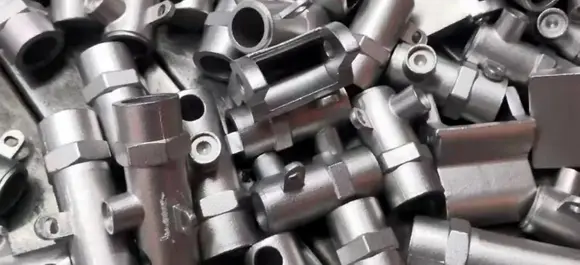Mobile:+86-311-808-126-83
Email:info@ydcastings.com
German
Optimizing Performance of Impeller-Based Slurry Pumps in Industrial Applications
Understanding Impeller Slurry Pumps Efficiency in Tough Conditions
Slurry pumps are designed to transport abrasive and viscous materials, often containing solids mixed with liquids. Among the various designs of slurry pumps, impeller slurry pumps stand out due to their efficient handling of heavy-duty applications in industries such as mining, construction, and wastewater treatment. This article delves into the functionality, advantages, and applications of impeller slurry pumps.
What is an Impeller Slurry Pump?
An impeller slurry pump employs a rotating impeller to impart kinetic energy to the slurry. This device consists of a rotor, usually with blades that rotate within a volute casing, creating a centrifugal force that moves the slurry through the pump. The impeller design is crucial; different geometries and materials can significantly affect the pump's performance and lifespan, especially when dealing with abrasive materials.
Key Features of Impeller Slurry Pumps
1. Durability One of the primary advantages of impeller slurry pumps is their durability. The materials used for the impeller and casing are often high-chrome alloys or rubber-lined, which can withstand the wear and tear caused by the solid particles in the slurry.
2. Versatility Impeller slurry pumps can handle a wide range of slurry concentrations and viscosities, making them versatile tools in various sectors. This adaptability allows operators to use a single pump for multiple applications, thus reducing equipment costs.
3. Efficiency The design of the impeller allows for efficient energy transfer from the motor to the slurry. High-efficiency impellers can minimize energy consumption, which is especially important in large-scale operations where energy costs are significant.
4. Self-Priming Many models of impeller slurry pumps are self-priming. This feature allows the pump to remove air from the suction line without manual assistance, facilitating smoother operation and reducing downtime.
impeller slurry pump

5. Customization Manufacturers often offer customization options for impeller design to suit specific applications. Altering the number of vanes, the angle, and the material can enhance performance in particular conditions.
Applications of Impeller Slurry Pumps
Impeller slurry pumps have found their niche in various industries
1. Mining In the mining sector, these pumps transport aggregates, ores, and tailings. The ability to handle large solids combined with liquid makes them indispensable in mineral processing plants.
2. Construction For construction projects, impeller slurry pumps are used to manage slurries involved in drilling, excavating, and underwater operations. Their robust design allows for continuous operation in challenging environments.
3. Wastewater Treatment In wastewater treatment facilities, these pumps facilitate the movement of sludge and other particulate-laden fluids, playing a crucial role in the treatment process.
4. Chemical Processing The chemical industry often requires the transport of corrosive and abrasive slurries. Impeller slurry pumps made from specialty materials can accommodate these challenging conditions safely.
Conclusion
Impeller slurry pumps represent a vital technology for industries handling complex materials. Their combination of durability, efficiency, and versatility makes them ideal solutions for transporting abrasive and viscous slurries. As industries evolve and the need for efficient material handling increases, impeller slurry pumps will undoubtedly continue to play a significant role in enhancing productivity and operational efficiency. With advancements in materials science and engineering, the performance of these pumps will likely improve, further solidifying their position as essential components in heavy-duty applications. Ultimately, whether in mining, construction, or wastewater treatment, understanding the capabilities and applications of impeller slurry pumps can lead to better decision-making and increased operational success.
-
Superior Aluminum Castings in Automotive Engine PartsNewsAug.22,2025
-
Common Materials Used in Fan Housing ManufacturingNewsAug.22,2025
-
Symptoms of a Stuck Automobile Water Pump ImpellerNewsAug.22,2025
-
The Importance of Valve Castings in Water TreatmentNewsAug.22,2025
-
Welding Techniques for End Cap Stainless Steel FittingsNewsAug.22,2025
-
How to Install a Water Pump Connector ProperlyNewsAug.22,2025











